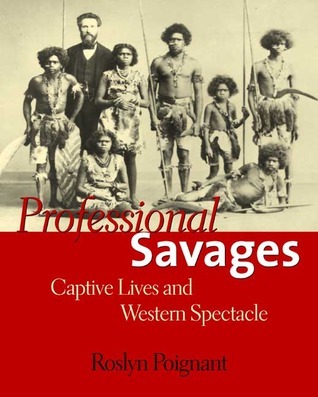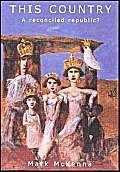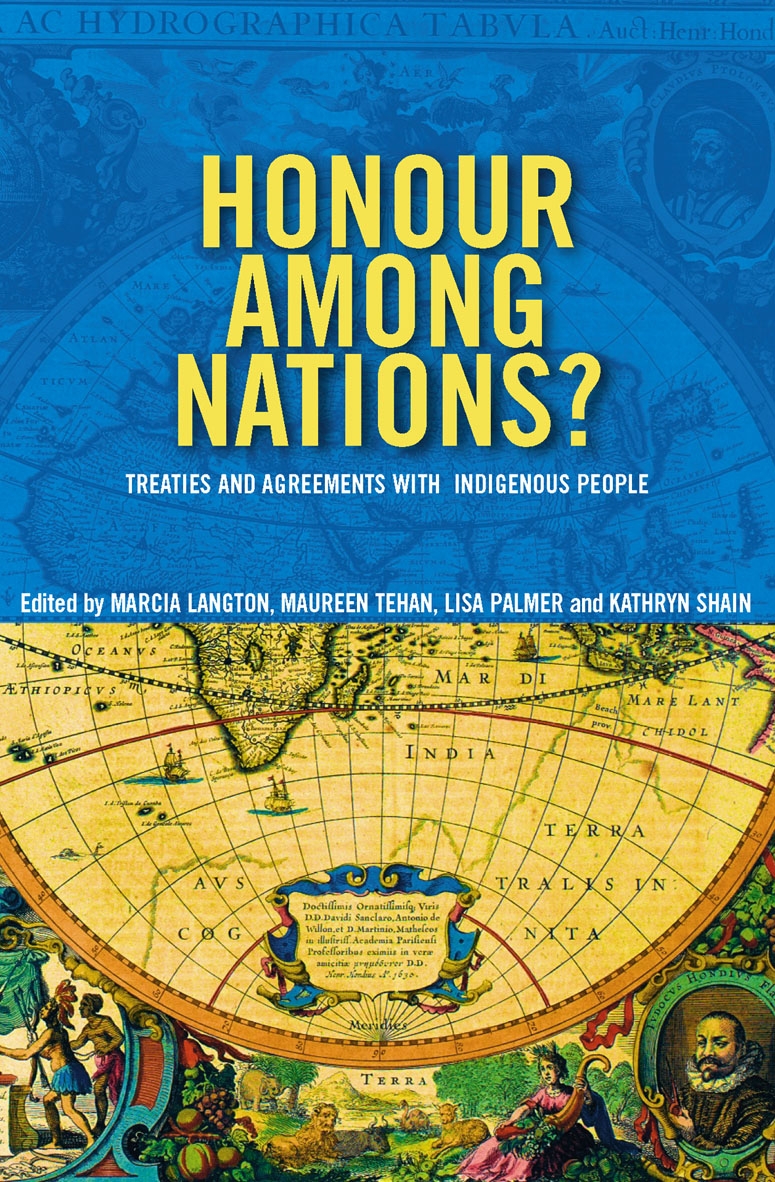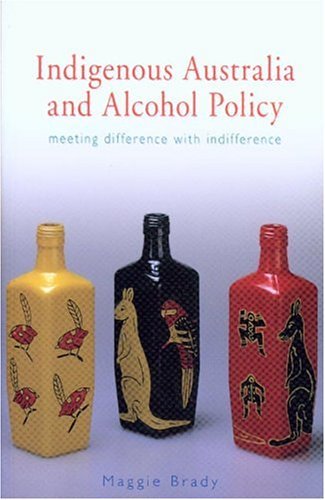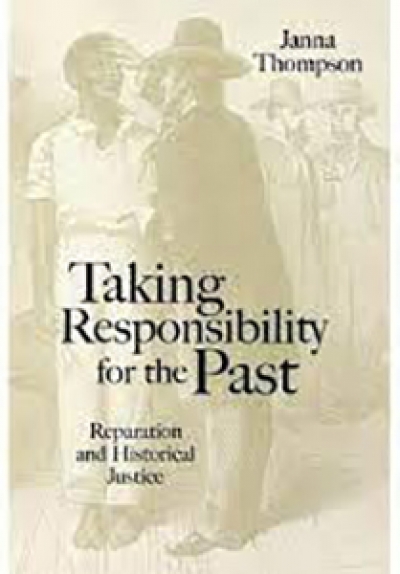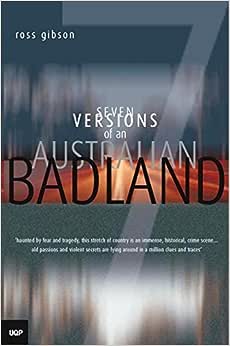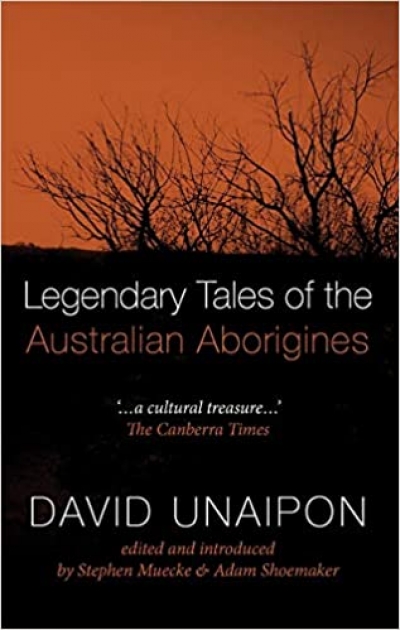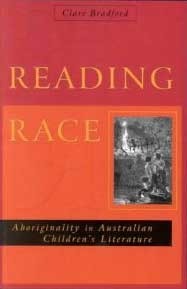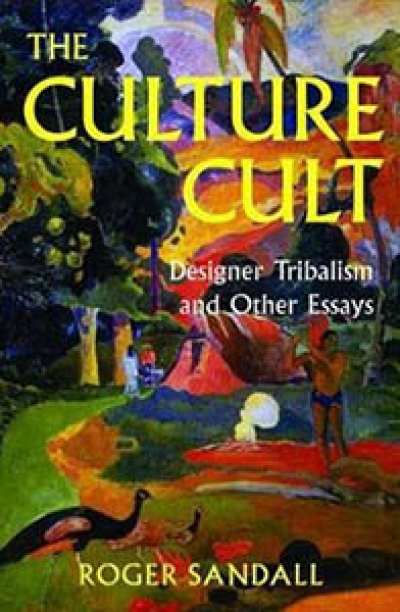Indigenous Studies
Professional Savages: Captive lives and Western spectacle by Roslyn Poignant
One photograph in this beautifully produced book is indelible. It is Paris, 1885, and against a painted show backdrop, Billy, young Toby and his mother pose with their boomerangs and a miniature dog. The disoriented, troubled eyes of these north Queenslanders look you right in the face. The sharp-focus dog, a taxidermist’s creation, paradoxically strikes a more animated stance than the living humans. This macabre depiction of people as ‘types’ led Roslyn Poignant to investigate an historical epic of dynamic performers.
... (read more)Vote ‘No’, some republicans said at the 1999 republican referendum, and then we will work towards a republic that is a better one than the one being put forward. When the referendum failed, many of those republicans disappeared, and the movement lost momentum. Others who campaigned hard for a Yes vote have continued to push the republican agenda along. A similar group of tenacious Australians is undeterred by the federal government’s sidelining of the reconciliation process. Since joining Australians for Native Title and Reconciliation or their local reconciliation groups, they have maintained the commitment to social justice for indigenous people that they demonstrated when they walked across the bridge or signed the ‘Sorry books’.
... (read more)Honour Among Nations?: Treaties and Agreements with Indigenous People edited by Marcia Langton et al.
The word ‘honour’ is rarely heard in contemporary Australian English. It belongs to a time when the public behaviour of individuals and governments was judged by standards found in a moral code with its roots in medieval chivalry. To be ‘honourable’ was to be known for doing right. When honour was lost, disgrace followed. With the disappearance of ‘honour’ from our public language, perhaps we have also lost the possibility of disgrace.
... (read more)Indigenous Australia and Alcohol Policy by Maggie Brady & From Hunting to Drinking by David McKnight
In 2002, during the scandal and scrambling caused by Keith Windschuttle’s The Fabrication of Aboriginal History, an unassuming paperback made its way onto the shelf without much fanfare. No radio specials, opinion pieces or public debates followed its publication. Instead, David McKnight and his book From Hunting to Drinking: The Devastating Effects of Alcohol 011 an Australian Aboriginal Community slipped past Australian historians and intellectuals while they focused their attention elsewhere.
... (read more)Very Big Journey: My life as I remember it by Hilda Jarman Muir
In her recently published collection of critical writing by indigenous Australians, Michele Grossman notes that ‘[s]ince the early 1980s, the burgeoning interest in and publication of Aboriginal and Torres Strait Islander writing …has become increasingly well-established’. This is particularly true when we consider the success of life-writing by Aboriginal women in the last twenty years. Sally Morgan is practically a household name, and even the once-maligned work of Ruby Langford Ginibi has taken its place on school reading lists around the country.
... (read more)Taking Responsibility for the Past: Reparation and historical justice by Janna Thompson
Those of us who walk across bridges in support of reconciliation, and sign Sorry Day books, do so because we feel an obligation to recognise and apologise for the destructive legacy of past practices. Sometimes we can speak directly to those people who were taken away; often we are addressing their descendants. As the prime minister continues to point out, many of us are apologising for something for which we are not individually responsible. So what is the source of this sense of obligation, and how can saying sorry make a difference?
... (read more)Seven Versions of An Australian Badland by Ross Gibson & Looking For Blackfellas’ Point by Mark McKenna
The idea of place as a metaphor of Australia’s colonial past and post-colonial present is a recent development in Australian history. The three books reviewed here come from a new generation of cultural historians who want to move the story of Australia from the national to the local. These cultural historians’ books reveal an intimacy with place and a new confidence in connecting the past to the present.
... (read more)Legendary Tales of the Australian Aborigines by David Unaipon, edited and introduced by Stephen Muecke and Adam Shoemaker
Most of us are familiar with an image of David Unaipon, clean-shaven, neatly dressed, gazing steadily beyond the spatial dimensions of our $50 note. He wears a tie, and the collar of his shirt is evenly turned. Over his right shoulder is the little church at Raukkan; floating over his left are three of his inventions, including the shearing handpiece that no one would lend him the money to patent. And there is his signature, underneath the words: ‘As a full-blooded member of my race I think I may claim to be the first – but I hope, not the last – to produce an enduring record of our customs, beliefs and imaginings.’
... (read more)Reading Race: Aboriginality in Australian children's literature by Clare Bradford
Clare Bradford is an Associate Professor in Literary and Communication Studies at Deakin University. She writes from within her discipline, and addresses other academics. Reading Race, despite its broad title, is principally a discussion of forms of racism that the author identifies in books published in colonial times, compared with contemporary examples.
... (read more)The Culture Cult: Designer tribalism and other essays by Roger Sandall
There has been so much media hoopla about Roger Sandall’s The Culture Cult that its broad features are already well known. Sandall claims that a relativist mafia, whom he dubs the Culture Cult, holds unchallenged sway over contemporary anthropological discourse. As a result, academic anthropology is shot through with romantic primitivism, a bohemian vice that the cult inherits from Rousseau and Herder. Romantic primitivism is infatuated with difference, championing the irreducible idiosyncrasy of traditional cultures (the plural is emphatic) over the oppressive singularity of rational-progressive bourgeois Civilisation. In keeping with romantic-primitivist dictates, anthropology celebrates tradition over reason, stasis over development, gerontocracy over equality, the collective over the individual, and so on – the litany is a familiar one. As if this weren’t enough, romantic primitivism is also contagious. Anthropologists transmit it to their tribal objects of study, who fall over themselves to fit into the hidebound traditionalist cap that romantic primitivism has fashioned for them. Alarmingly for Sandall, this contagion can lead to land rights.
... (read more)

